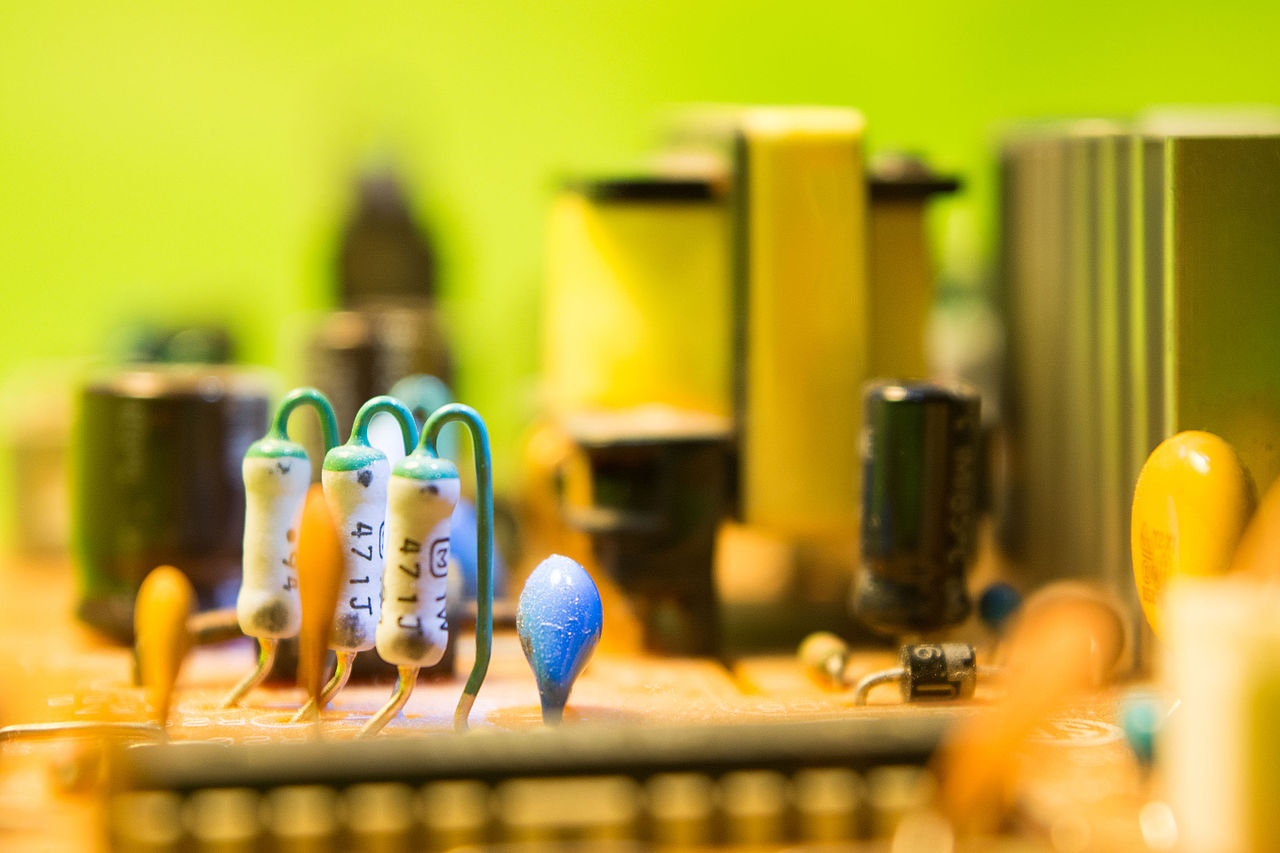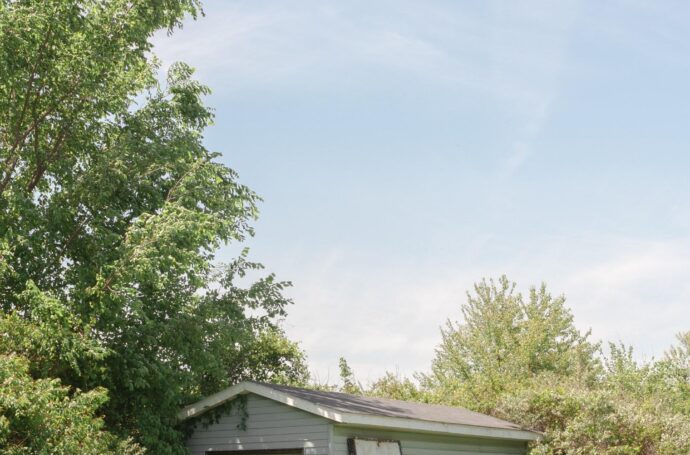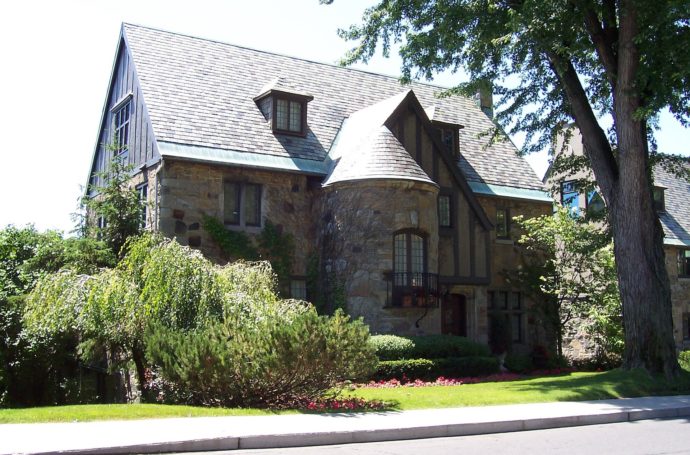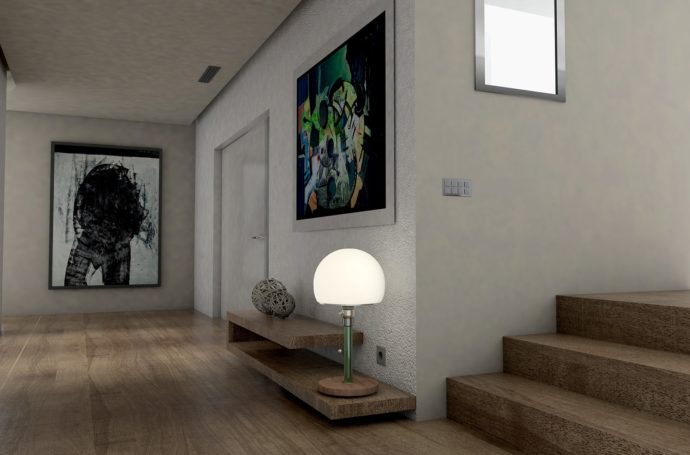
Electronics makes for a fascinating hobby. It’s not difficult to get started, nor is it too expensive, and you can soon find yourself creating all kinds of things either for fun or to use around the home. You could even turn it into a lucrative hobby by making a side business out of it.
So how should you get started?
Here’s a quick guide to the basics you need in place to get your electronics hobby off the ground and start making fun and useful things at home.
What You’ll Need to Get Started
You’ll need to get a lot of equipment and tools before you can start making anything interesting, but these are all easy to get and relatively affordable.
A soldering iron is one of the most basic tools you’ll need. You will use the soldering iron to solder parts onto the PCB or solder parts together. Start with getting just one, but if you get more serious in your hobby, you might want to invest in a couple, such as one for thicker wires and one all-purpose solder. And you’ll also want a de-soldering tool as well so you can remove components.
A prefabricated PCB is a necessity. This is easier than making one yourself and they are not expensive. You can use them for creating simple circuits up to about 100 components, which is perfect for getting started.
A Field Programmable Gate Array (FPGA) is a semiconductor device made of Configurable Logic Blocks (CLBs). This allows you to change a design after the device has been soldered onto the PCB, and you can find a wide variety of these online at sites like RS.
A wire stripper is another essential tool. You’ll be stripping a lot of wires, so you’ll want to get yourself a good one. You’ll also want to get a set of pliers for cutting wires.
A VOM/DMM (which stands for Voltmeter Ohmmeter and Milliampere Meter and Digital Multimeter) is essential for any hobbyist. It is used to measures thinks like the ampere, voltage, and resistance.
You’ll also want to get a sharp knife, either a penknife or a cutter, which you will use regularly.
Take Your Safety Seriously
Before you start, always make sure you take safety precautions and learn about the risks. These can range from burning yourself with a glue gun to electrocuting yourself with a capacitator, so be careful. Also remember to turn off all your devices before you work on them.
Learn About Components
You will also need to learn about components to enjoy a successful electronics hobby. You can do this on a course, from books, or just from practice. The most common include capacitors, resistors, inductors, transistors, and diodes. Learn the basics, find out what they all do, and then start practicing with them.
Learn Some Useful Techniques
You will also want to learn a variety of basic techniques that you will use on a regular basis, and using a soldering iron is one of these. Read up about it, go on a course, or watch YouTube videos to find out how to do it properly.
Other techniques like using a breadboard (which involves constructing a circuit without soldering), how to use a glue gun, and how to use a multimeter are also essential skills.
Start Up Your Hobby from Home
These are some of the basics that you will need to know to start up a fun and rewarding electronics hobby. As long as you have an interest in making things and finding out how things work, you will love playing around with electronics. So find a suitable space to work, invest in the basic equipment, learn some techniques, and have fun.


